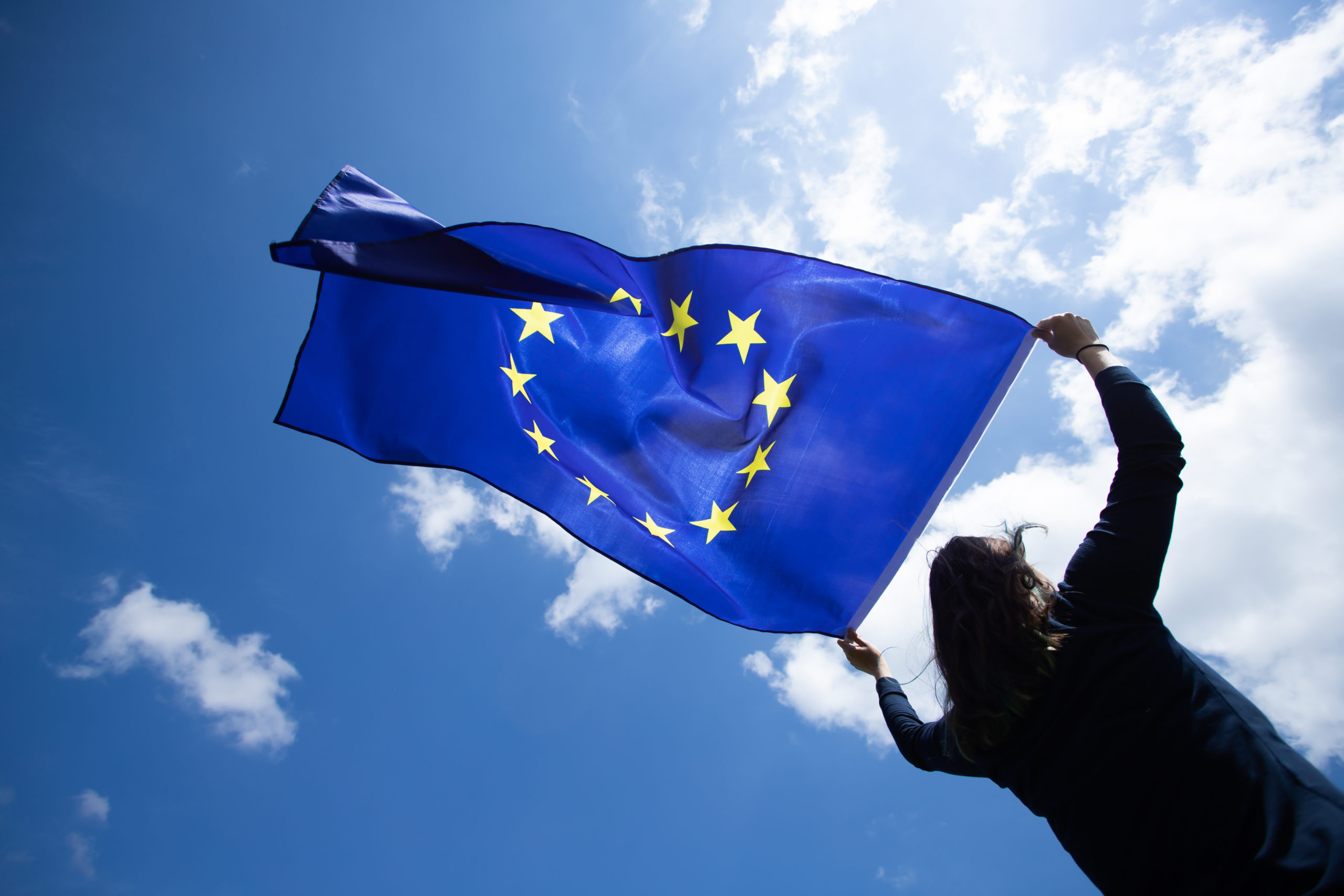Event Management

Event management companies offer their services on a general basis. On any given day you could be organising a red carpet movie premiere, a product launch or a sheep-farmers’ convention. No event is too small or obscure.
Event managers need business acumen and a high level of sociability. Specific knowledge of a particular area can also be vital at times. Certain event managers specialise in areas like live music or weddings.
Education
A degree in Event Management are available from a number of third-level institutes. Dundalk IT, Limerick IT, Dublin IT, Galway-Mayo IT, IT Sligo and Dublin Business School all offer courses.
The courses use a business and marketing outlook. Students will learn subjects such as:
- Market research
- Fund raising and sponsorship
- IT and database software in event management
- Current legal requirements
- Financial accounting
Students also learn how various sectors use event management practices. These sectors include tourism, sport, charity, and so on.
Event Management is also increasingly provided for in further education. As well as dedicated courses (at Stillorgan and Ballsbridge Colleges of Further Education), programmes are available in conjunction with TV Studies (Limerick College of Further Education), Tourism Studies (Sligo College of Further Education and Bray Institute of Further Education), Travel (Monaghan Institute of Further Education), Performing Arts (Colaiste Mhuire Thurles), and Marketing (Cork College of Commerce).
Work
Event Management graduates can work in a variety of organisations and career areas. Examples include corporate conference and exhibition organisers, tourism organisations, hotels, public relations, venue management, sports tourism, community development, and in the arts and music sectors.
When the client has supplied the task or assignment, it is then the responsibility of the event manager to carry out intensive research and compile detailed proposals for the planning of the event. A clear breakdown of venue suggestions, budgetary proposals, and timetables should be outlined.
Publicity campaigns often accompanies larger events. The event manager needs to promote the event by contacting media such as TV, radio, websites, and newspapers. Public relations work also involves writing press releases and helping to design ads that convey the precise feeling of the event to the targeted audience. Venue management is an integral part of a successful event. This involves tasks such as organising caterers and ensuring the required equipment are present and correct on the day.
There are strict legal regulations that exist regarding events with large audiences. Therefore, an event manager must ensure all insurance, security, and health and safety requirements are met.
A sociable and affable persona can greatly assist potential event managers. Communication skills are also a prerequisite as connecting with the client is imperative.
A skill for multi-tasking is of huge benefit to those in this field, as is a certain creative flair. Time-management and delegation techniques can save money and simplify a process. These qualities can spell sensation or ruin, depending on the manner in which they are used.
Did you know?
According to the Guinness Book of Records, the highest-attended outdoor concert of all time was Rod Stewart’s 1994 performance at Copacabana Beach in Rio. A staggering 3.5 million people (though some sources claim the number was even greater than this) turned up to watch the free event. Can’t have been easy for the cleaners the next day!


Leave a comment